Granulomas
Our dermatologists specialize in diagnosing and treating these skin bumps. The skin experts at Dermatology Associates & Surgery Center identify the cause and offer targeted treatments like medications or minor procedures to resolve granulomas. Their expertise ensures accurate diagnosis and effective management of these skin concerns. We’re here to help you with your skin goals. Learn more about granulomas below and schedule a skin consultation with one of our providers.
Examples of Granulomas
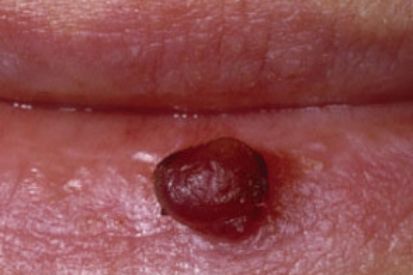
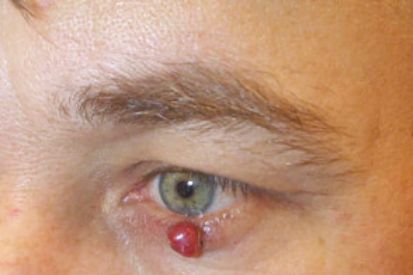
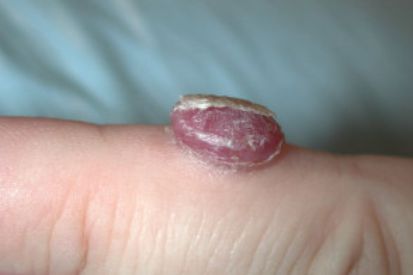
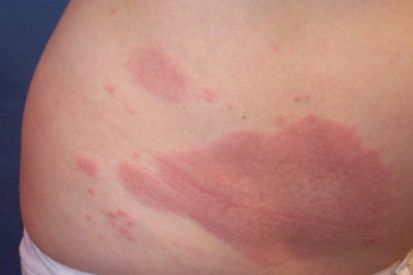
What are the Symptoms of Granulomas?
- The symptoms of granulomas can vary widely depending on the organ or tissue affected.
- Skin nodules or bumps.
- Rash.
Causes of Granulomas
- Granulomas are organized clusters of immune cells that form in response to infections, inflammation, or exposure to certain substances.
- They represent the body's attempt to isolate and contain perceived threats that it cannot eliminate, involving immune cells like macrophages and lymphocytes.
How to Prevent Granulomas
Granuloma FAQs
Granulomas may or may not cause symptoms. Some individuals may have granulomas without noticeable effects, while others may experience symptoms such as skin changes, pain, or discomfort depending on the location and underlying cause.
Yes, granulomas may recur, especially if the underlying cause is not effectively treated.
Treatment depends on the cause. Dermatologists may use topical steroids, cryotherapy, surgery, or laser therapy to address skin granulomas.
In some cases, granulomas may be associated with allergic reactions, especially in response to certain substances or materials. Dermatologists can help identify and manage granulomas related to allergic responses.
How to treat Granulomas
Our dermatologists typically treat granulomas by addressing the underlying cause and managing inflammation. Treatment may involve topical or oral corticosteroids to reduce inflammation, immunosuppressive medications, or, in some cases, surgical removal of the granuloma. Antibiotics might be prescribed if the granuloma is related to an infection.
The specific approach depends on the type and cause of the granuloma, and individual cases are often managed on a case-by-case basis. It's crucial to consult with your dermatologist for a proper diagnosis and tailored treatment plan.
Featured Products
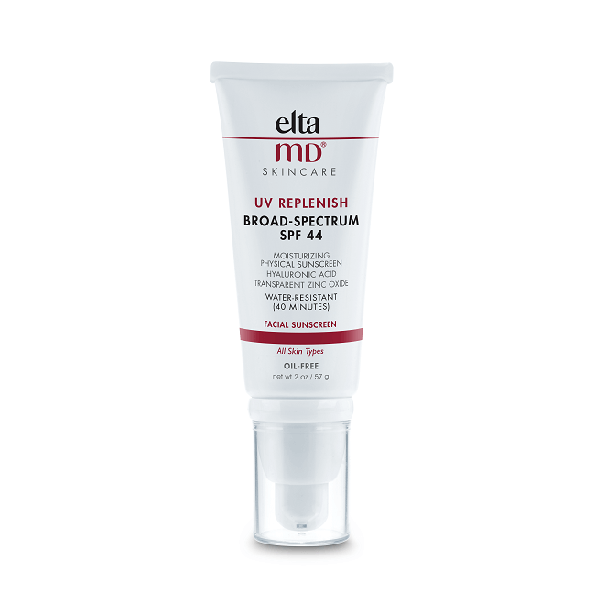
EltaMD UV Replenish SPF 44
UV Replenish Broad-Spectrum SPF 44 is a 100% physical actives sunscreen that restores moisture to dry, stressed skin. Formulated with chemical-free active ingredients, it provides gentle yet effective sun protection. UV Replenish infuses the skin with hyaluronic acid that helps retain more than 1,000 times its weight in water within skin cells. Antioxidant activity further works to combat skin-aging free radicals associated with ultraviolet (UV) and infrared radiation (IR). It offers high-energy visible (HEV) light protection. This oil-free sunscreen feels weightless on the skin. Ideal for daily and active wear, it may be used by all skin types and after treatments as directed by a skin care professional. 2 oz
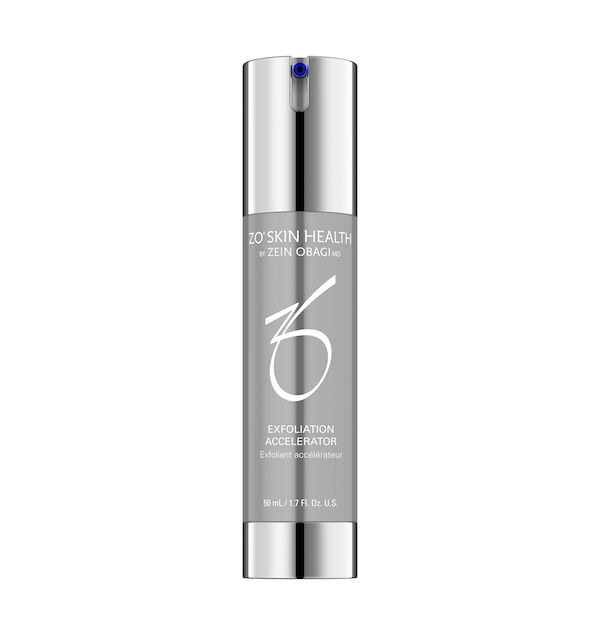
ZO® Exfoliation Accelerator
Glycolic and lactic acid complex that aids in the removal of dead skin cells while providing calming and soothing benefits with an aloe, green tea and chamomile blend. 50 mL / 1.7 Fl. Oz.
